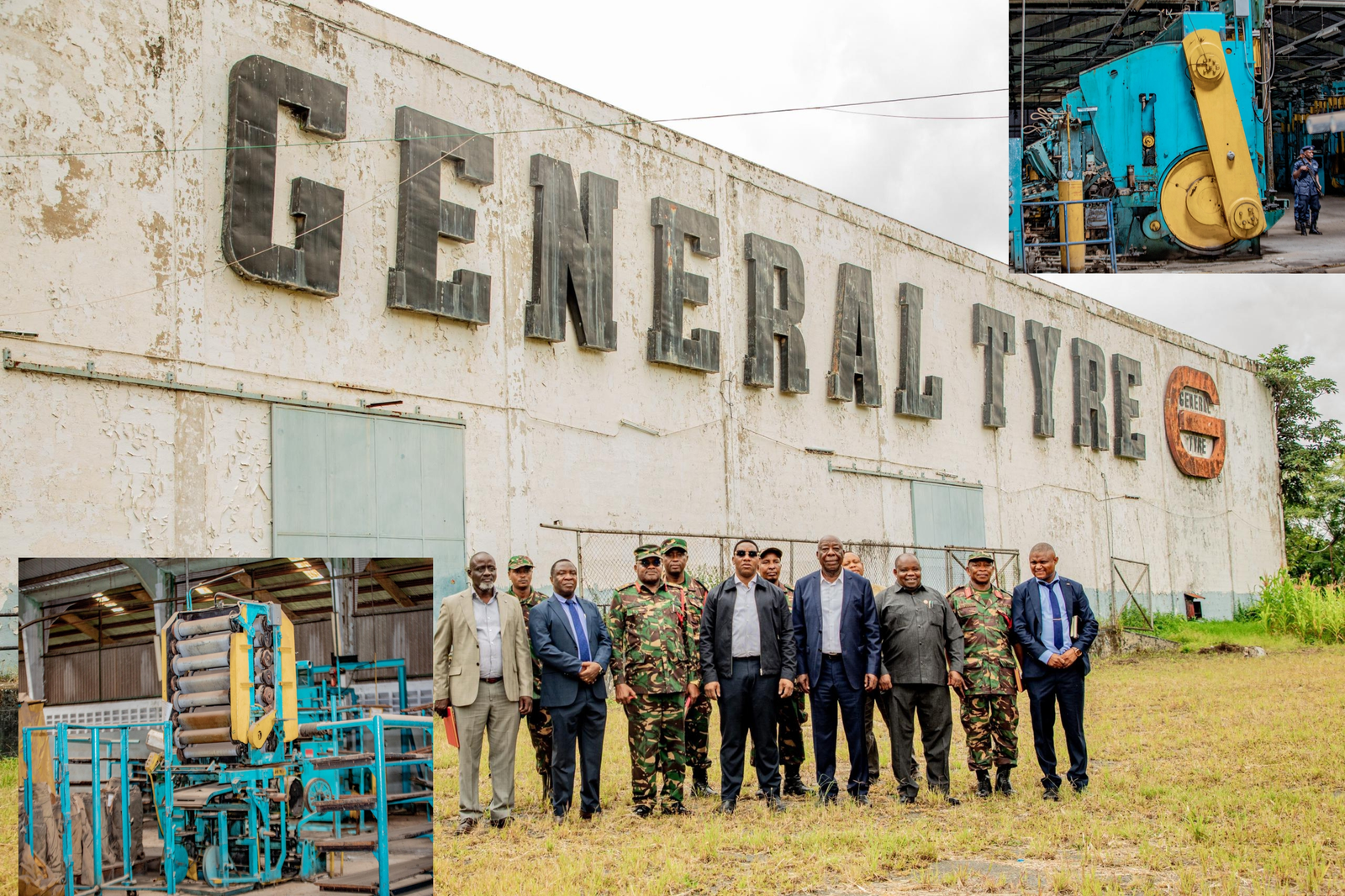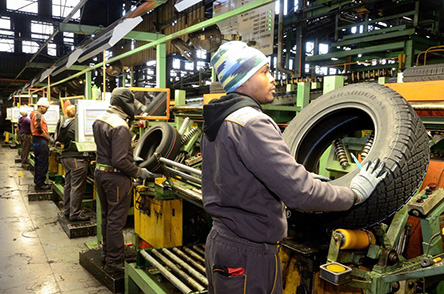General Tyre Revival: Driving Tanzania’s Manufacturing Future

In 2015, the Tanzanian Government acquired the remaining 26% shares from Continental AG, thereby gaining 100% ownership and paving the way for the plant’s potential revival by overhauling outdated machinery and restarting production.
The General Tyre East Africa factory, located in Arusha, was established in 1969 and began operations around 1971, with a production capacity of 320,000 tyres per year. The plant ceased functioning between 2007 - 2009 due to cheaper imported tyres flooding the market. In 2015, the Tanzanian Government acquired the remaining 26% shares from Continental AG, thereby gaining 100% ownership and paving the way for the plant’s potential revival by overhauling outdated machinery and restarting production. Most recently (May 2025), continued government interest in finding a strategic investor and supporting the revival efforts has been reaffirmed.
In May 2025, former Regional Commissioner of Arusha, Paul Makonda, accompanied representatives from Shirika la Nyumbu on a site visit to the General Tyre factory in Arusha. Mr. Makonda emphasized the government's commitment to revive GTEA since it could bring numerous economic benefits to Tanzania and the East African Region as follows;
Job Creation and Retention
The revival could create or restore hundreds of jobs. Initial projections show that it could employ around Direct employment to 300 - 400 people to start its operations. Also, there will be more jobs in the supply chain of its business and increasing benefits.
Foreign Currency Savings and Increasing Revenue Generation
Producing locally reduces reliance on imports and retains foreign exchange. At a projected production of 240,000 - 320,000 tyres a year, the plant could generate approximately US$60 - 96 million in annual revenue.
Meeting Domestic Market Demand
Domestic demand, especially for heavy-duty tyres, is estimated at around 2 million tyres annually in Tanzania alone. Revived production could fulfil a significant portion of that without relying on imported tyres.
Controlling Tyre Safety and Quality
Locally made tyres would be better suited to Tanzania’s hot climate and rough roads, unlike many cheaply imported tyres that degrade quickly, increasing the risk of accidents.
Industrial Chain Development
A functioning Tyre industry could stimulate upstream sectors such as rubber farming in regions like Tanga, Kilombero, and Morogoro, and support broader industrialization efforts.

But, what the government should do to secure the market for the General tyres product. To ensure the factory’s success and shield it from unfair competition, the government could consider the following:
Attractive Investor Incentives
Offer tax breaks, reduced tariffs on machinery imports, or subsidized utilities to lower production costs and draw solid strategic partners, as the bailout of the General Tyres production industry to strive into competition with imported tyres.
Selective Market Protection
While full protectionism may be harmful, carefully targeted import duties on low-quality tyres could help local manufacturers compete, balanced by quality standards to avoid monopolies. Increasing the tax on imported Tyres and commanding government vehicles to buy from General Tyres.
Local Raw Material Development
Invest in rubber plantations to secure a sustainable supply of domestic raw materials, reducing reliance on imports.
Technology Transfers and Modernization
Ensure that they are bringing up-to-date manufacturing technology and capacity to adapt to modern tire standards and varied vehicle designs.
Strengthen Industrial Governance
Learn from past mismanagement by ensuring robust oversight, transparent procurement, and adherence to business plans to prevent fund misuse.
Build Human Capital
Incorporate relevant skills in education and training programs to ensure a skilled workforce for the automotive and manufacturing sectors.
Regional Trade Integration
Capitalize on the East African Community (EAC) and Southern African Development Community (SADC) markets to expand reach beyond domestic demand, like selling to member countries for their government cars and their citizens.
Shirika la Nyumbu, officially known as the Tanzania Automotive Technology Centre (TATC), is a government-owned research institution under the Ministry of Defence and National Service. Established on December 14, 1985, through a Presidential Order, with the primary mission to advance automotive technology innovations in Tanzania.

